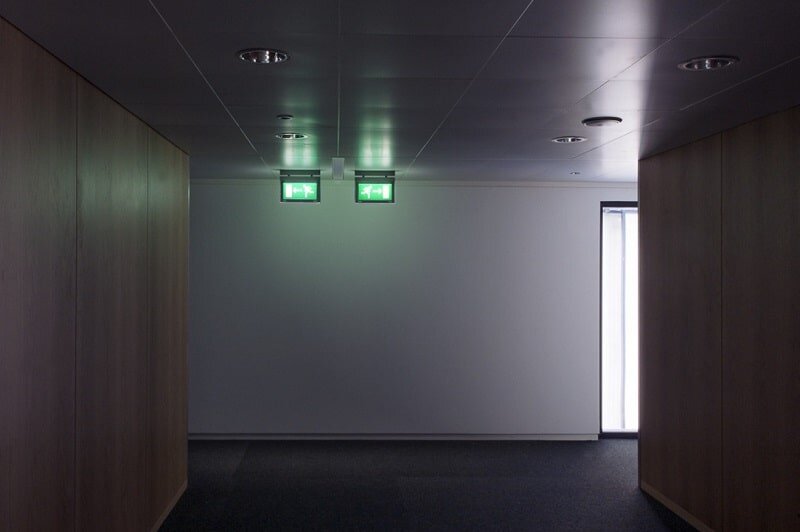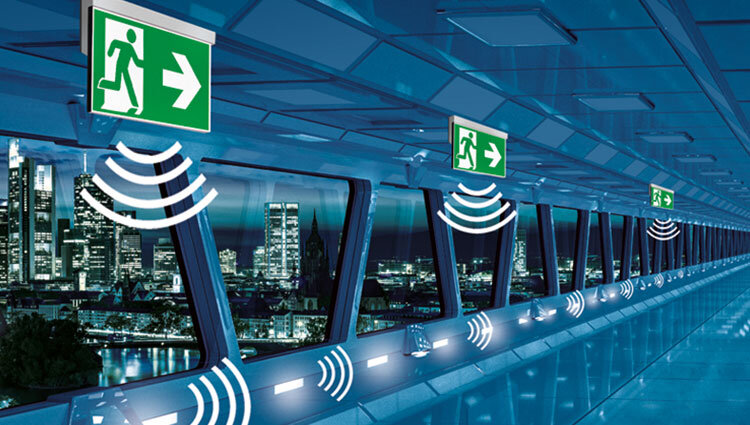Exit Signs
Inspection, Test And Routine Servicing
AS2293.2 Emergency Lighting and Exit Sign for Buildings Routine service and maintenance.
There are two types of emergency lights.
Standard conventional - lights normally located on a dedicated circuit with a test switch, or, if on an older site, will be on the normal lighting circuit without test switch. Both require to have a black out test performed.
Computerised lights - where all lights are monitored via a computer software and all testing is scheduled via the computer. Although expenseive initially, this system can save money by comparison to the costs of testing the system manually.
NB: Per the Australian Standard of AS2293.2, one of the tests that most companies are consistently failing to complete, is the following;
Clause 3.3c: A visual check shall be made to ensure that the emergency luminaire and exit signs operate in correct relationship to the normal lighting in the designed area. (Note: this procedure may be carried out in conjunction with discharge test of the system.)
In regards to above test, imagine you lose power to the lighting circuit in your office, floor, etc, and the emergency lights do not come on until the emergency lighting circuit loses 240 volts. You don’t want to be left in this situation. Emergency Lighting should be activated immediately to aid the safe evacuation of all occupants as soon as possible.
Where You Can Go To See What Is Fully Required To Comply?
Maintenance Standard
AS2293.2-1995
Minimum Standards of Performance
BCA 20__ Clause E4.2, E4.4
ORDINANCE 70 AS2293.1-1979
AS2293.1-1987AS/NZS2293.1-1995
AS/NZS2293.1-1998
AS2293.1-2005
AS2293.1-2018
Inspection Intervals
AS2293.2 Emergency Lighting and Exit Sign for Buildings Routine service and maintenance.
Emergency Lights and Exit signs must be routine inspected and tested every six months.
| Equipment Type | 6 Monthly | Yearly |
|---|---|---|
| Emergency Lights | ||
| Exit Signs |



